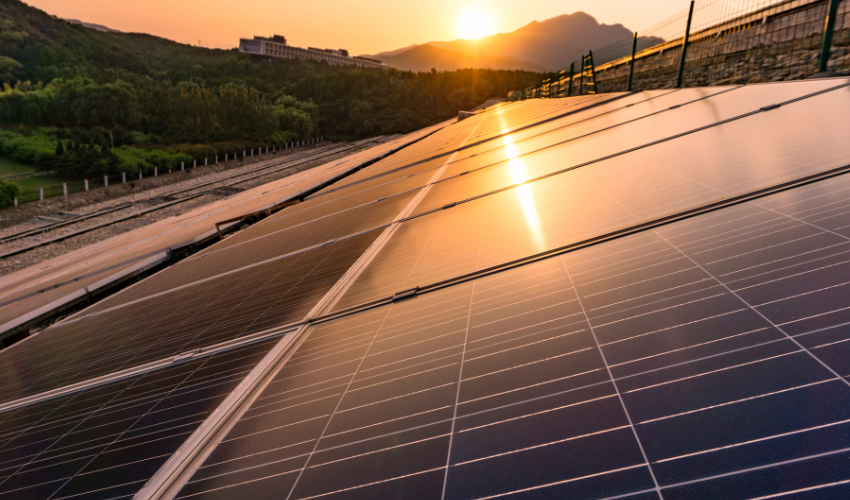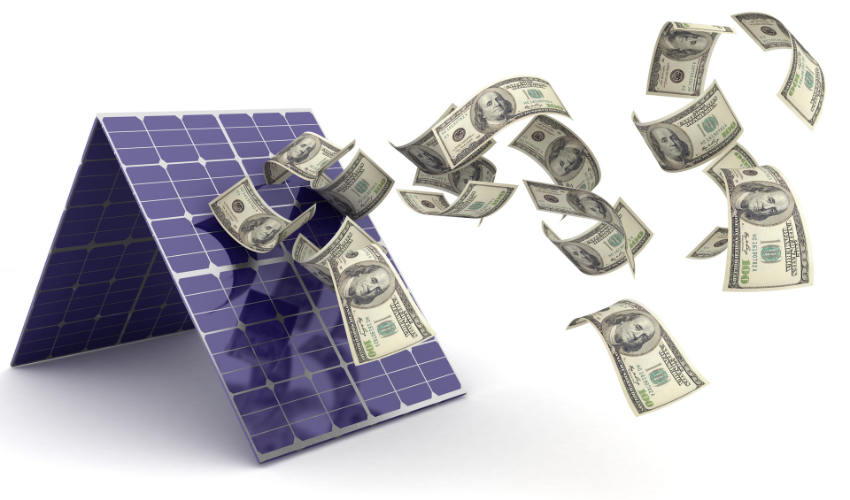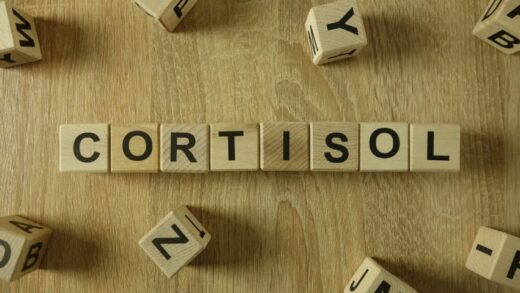The need for alternative sources of energy has become increasingly apparent in recent years. With global warming and the depletion of natural resources, many homeowners are turning to solar power as a sustainable and cost-effective option. However, one question that many people ask is, can a house run 100% on solar power? In this article, we will explore the feasibility of running a house completely on solar power.
Benefits of Solar Energy:
Solar energy is a renewable and sustainable energy source that is widely available. There are many benefits of using solar power in your home, including:
- Cost-effective: Once you have installed the necessary components for a solar-powered home, you can reduce or even eliminate your electricity bills.
- Environmentally friendly: Solar energy is clean and does not emit harmful greenhouse gases, making it an eco-friendly choice.
- Reliable: Solar panels require little maintenance, and once installed, they can last for up to 25 years or more.
- Energy independence: Solar power provides energy independence, allowing homeowners to generate their own electricity and reduce their reliance on the grid.

Components Required for a Solar-Powered Home:
To run a house completely on solar power, you will need the following components:
- Solar Panels: The most crucial component of a solar-powered home is the solar panels. These panels convert sunlight into electricity that you can use to power your home.
- Inverter: The inverter converts the direct current (DC) electricity generated by the solar panels into alternating current (AC) electricity that can be used in your home.
- Battery Storage: Solar panels only generate electricity during the day when the sun is shining. Battery storage allows you to store excess energy generated during the day for use at night.
- Charge Controller: The charge controller regulates the amount of electricity that flows from the solar panels to the battery storage, preventing overcharging and damage to the battery.
How Much Solar Power Do You Need?
The amount of solar power you will need to run your home depends on several factors, including the size of your home, the number of appliances you use, and your energy consumption habits. An average-sized home may need between 16 and 20 solar panels, which can generate between 5 and 6 kilowatts of electricity.
Challenges of Running a House Completely on Solar Power:
While solar power is an excellent source of energy, it does come with its challenges. One of the biggest challenges is the initial cost of installation, which can be quite high. Additionally, solar panels only generate electricity during the day, which means that you will need battery storage to power your home at night. If you live in an area with limited sunlight, you may not be able to generate enough electricity to power your home completely.
Solutions to Overcome Solar Power Challenges:
Fortunately, there are solutions to overcome the challenges of running a house completely on solar power. You can reduce the initial cost of installation by taking advantage of government incentives and tax credits. You can also increase your energy efficiency by using energy-efficient appliances and making your home more energy-efficient overall. Additionally, you can install backup generators or connect your home to the grid to ensure a steady supply of electricity.

FAQs:
How much does it cost to install a solar-powered system for a house?
The cost of installing a solar-powered system for a house can vary depending on several factors, including the size of your home and the amount of energy you need. On average, you can expect to pay between $15,000 and $30,000 for a complete solar-powered system installation. However, this cost can be reduced with government incentives, tax credits, and financing options.
How much money can you save by running your house completely on solar power?
The amount of money you can save by running your house completely on solar power will depend on several factors, including your energy consumption habits and the size of your solar-powered system. On average, homeowners can save between 50% and 100% on their electricity bills by running their home on solar power.
What happens if there is not enough sunlight to generate electricity?
If there is not enough sunlight to generate electricity, your solar-powered system will not generate enough electricity to power your home. However, with the addition of battery storage, you can store excess energy generated during the day to use at night when sunlight is not available.
How long do solar panels last?
Solar panels can last for up to 25 years or more with little maintenance. However, the lifespan of your solar panels may depend on several factors, including the quality of the panels and the installation.
Do I need to have backup generators if I run my home completely on solar power?
While backup generators are not necessary, they can provide additional security and peace of mind in case of a power outage or prolonged periods of low sunlight. You can also connect your home to the grid as a backup source of electricity.
Conclusion
Running a house completely on solar power is a feasible and sustainable option for homeowners looking to reduce their electricity bills and their impact on the environment. With the right components and proper installation, homeowners can generate their own electricity and achieve energy independence. While there are challenges associated with solar power, there are also solutions to overcome them, making solar power a viable and cost-effective option for homeowners. So, the answer to the question, “Can a house run 100% on solar?” is yes, with the right components, installation, and planning, it is entirely possible.






















